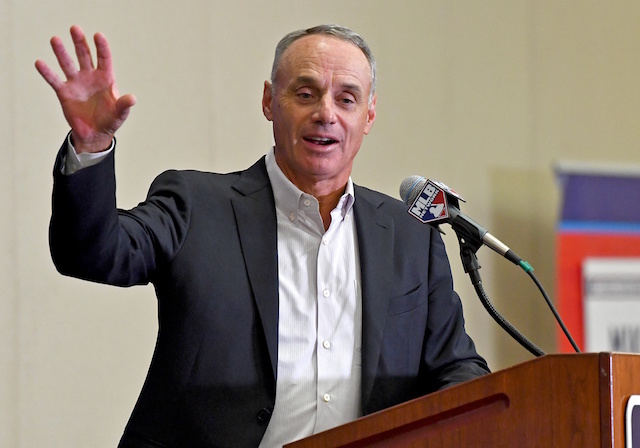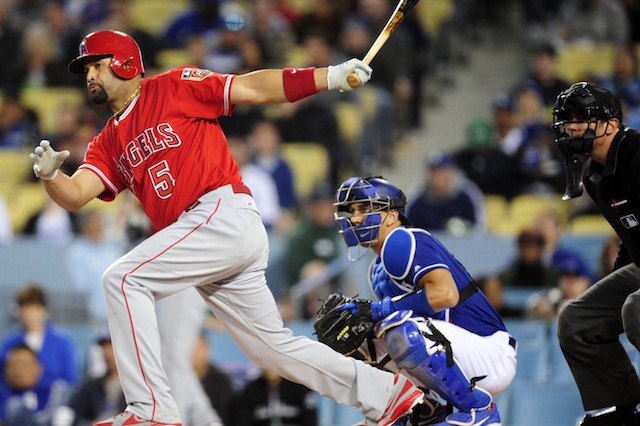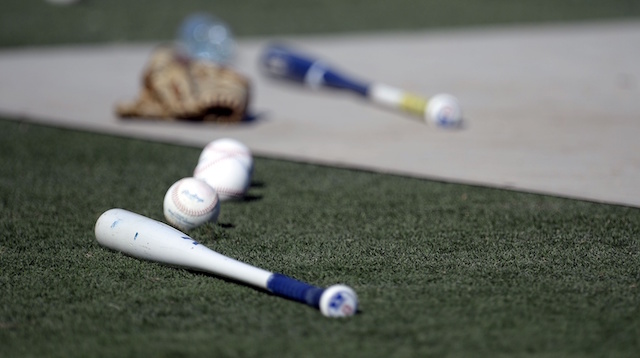Major League Baseball and the MLB Players Association recently announced significant changes to the Drug of Abuse provisions of the Joint Drug Prevention and Treatment Program.
They will go into effect this spring and are expected to continue to favor a treatment-based approach to drugs of abuse, with a particular emphasis on protecting players from lethal and addictive substances.
Among the changes are that natural cannabinoids, most notably marijuana, will be removed from the program’s list of what they consider drugs of abuse. Therefore, Minor League players will no longer be tested for it, as he been the case in the Majors for years.
On the other hand, all samples collected under the program will now be tested for the presence of Opioids, Fentanyl, Cocaine and Synthetic THC.
Any player who tests positive for one of those drugs of abuse will be referred to the Parties’ Joint Treatment Board, which is composed of medical professionals specializing in substance abuse and representatives from the Office of the Commissioner and the Players Association, for an initial evaluation.
If appropriate, formulation of a personalized treatment plan for that player would be created and only Players who fail to cooperate with their initial evaluation or prescribed treatment plan would be subject to discipline.
The final change is that educational programs on the dangers of opioid pain medications and practical approaches to marijuana will be mandatory for all players and club personnel during the 2020 and 2021 seasons.
After Los Angeles Angels pitcher Tyler Skaggs died from an opioid overdoes that he reportedly received from a team official this past season, it is not surprising to see the league implement this change.
“The opioid epidemic in our country is an issue of significant concern to Major League Baseball. It is our hope that this agreement — which is based on principles of prevention, treatment, awareness and education — will help protect the health and safety of our players,” MLB Deputy Commissioner and Chief Legal Officer Dan Halem said.
“I commend the Players Association and its membership for their thoughtful approach to this important issue. We also appreciate the support and guidance offered to us by the Office of National Drug Control Policy.
“It is our collective hope that this agreement will help raise public awareness on the risks and dangers of opioid medications and contribute positively to a national conversation about this important topic.”
Have you subscribed to our YouTube channel? It’s the best way to watch player interviews, exclusive coverage from events and more!








